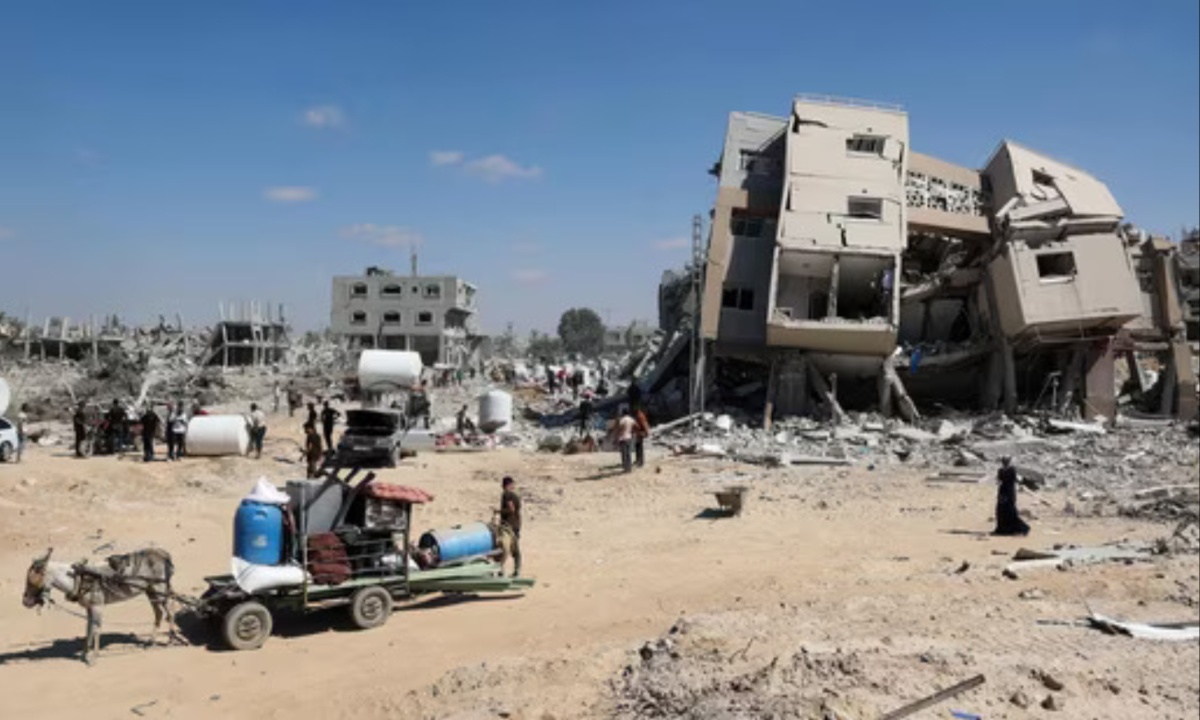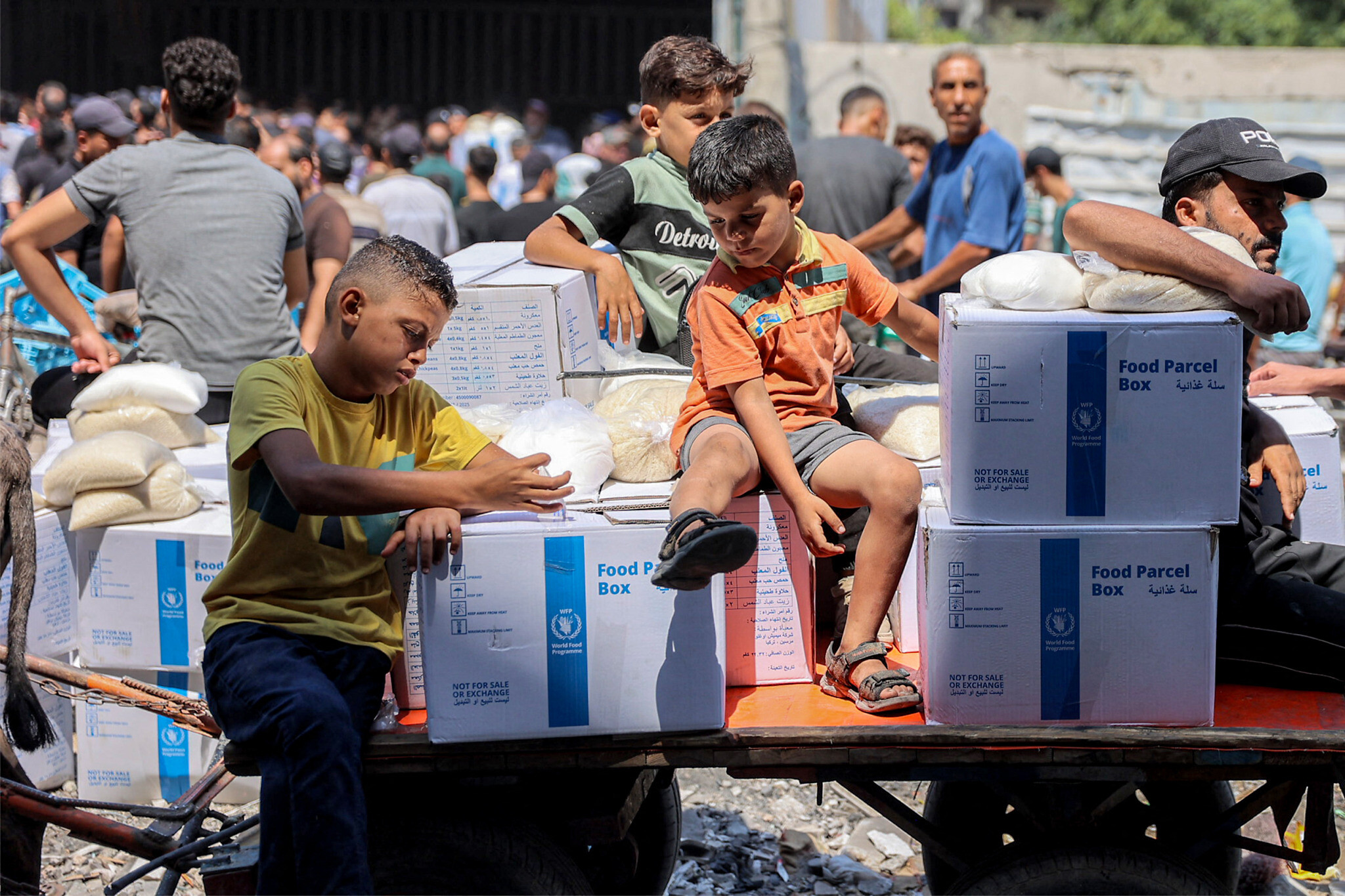Israel has agreed to conduct “humanitarian pauses” in Gaza to enable the vaccination of children against polio, as stated by the World Health Organization (WHO). The vaccination campaign is set to begin on Sunday, targeting approximately 640,000 children across Gaza. The operation will be carried out in three stages, with each stage involving a three-day pause in fighting from 06:00 to 15:00 local time, covering different regions of Gaza—central, southern, and northern.
This initiative follows the confirmation of Gaza’s first polio case in 25 years, where a 10-month-old child was partially paralyzed by the virus. To address this health emergency, 1.26 million doses of the novel oral polio vaccine type 2 (nOPV2) have been delivered to Gaza, with an additional 400,000 doses on the way. The vaccination effort will be led by UN staff and local health workers, with over 2,000 individuals trained to administer the vaccines effectively.

Humanitarian Pauses in Gaza Agreed by Israel to Allow Polio Vaccination Amid Conflict
UN officials have emphasized the critical need for a complete halt in military activities to ensure the safe execution of the vaccination program. UN spokeswoman Louise Wateridge stressed the dangers of vaccinating children amid ongoing conflict, pointing out that successful immunization requires a peaceful environment. The WHO aims to achieve a 90% vaccination coverage across Gaza, which is essential to prevent further transmission of the virus, with a potential fourth day of pause available if needed.
Polio is a highly contagious virus that primarily impacts children under five, leading to paralysis and potentially death. The vaccination rates in Gaza and the West Bank were nearly optimal before the conflict, with a 99% coverage in 2022, though this has since decreased. Israel has also begun vaccinating its soldiers against polio as a precautionary measure.
The agreement has received broad support, including from Hamas, which has expressed readiness to cooperate with international organizations to protect Palestinian children. However, Israeli Prime Minister Benjamin Netanyahu has clarified that these pauses do not equate to a ceasefire. International observers, including the UK’s UN representative, have urged that the pauses be sufficiently long to ensure the campaign reaches the required 90% coverage, particularly for the most vulnerable children in Gaza.











































